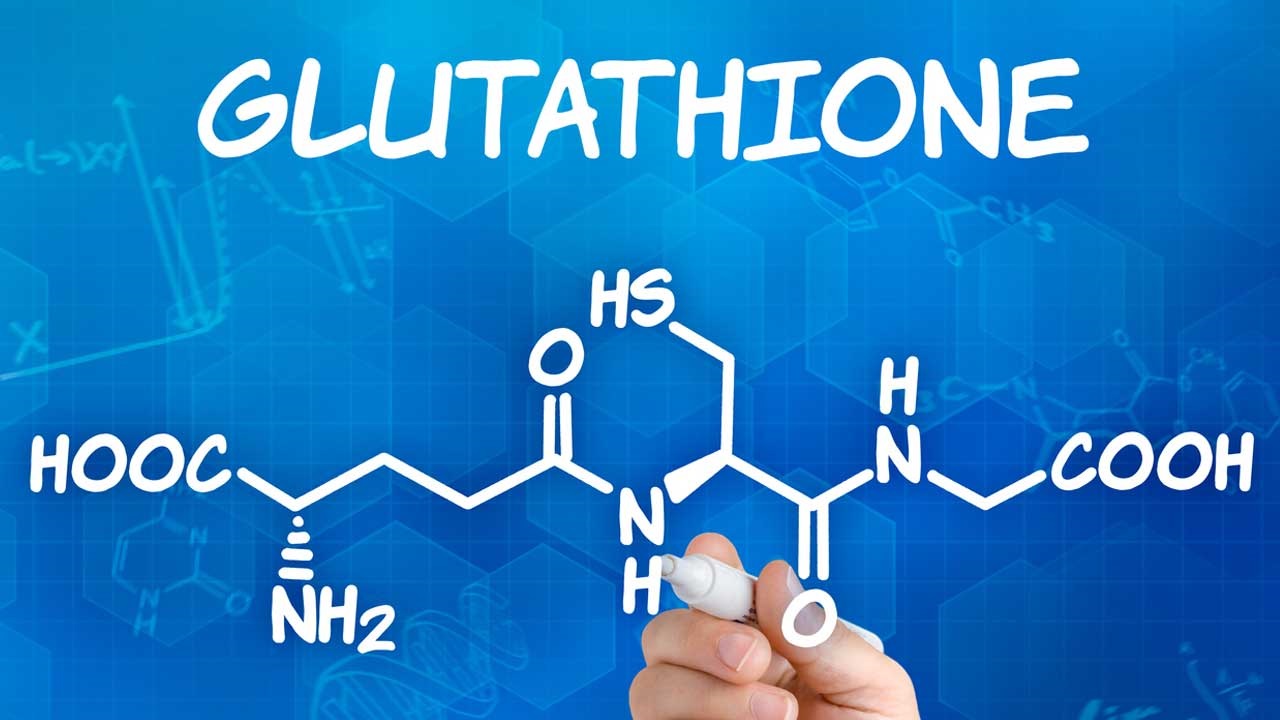Glutathione interacts with free radicals, and it has to have other jobs in the human body including addressing chronic disease regulation. Therefore, one needs to find the best glutathione supplement that is suitable for his/her body. The following research approaches could be employed to synthesize glutathione, which is the cure for chronic diseases.
Oxidative Stress and Chronic Diseases
Oxidative stress is higher in cardiovascular diseases, diabetes, and many neurological diseases. It occurs at a rate that is higher than what the body is capable of synthesizing to replace the free radicals hence damaging the tissue cells and inflammation. Glutathione has some antioxidant characteristics and since it acts against free radicals therefore it can reverse the effects of oxidative stress and decrease the degree of further destruction of cells. This protection is very useful, especially in the management of chronic diseases where oxidative stress plays a very important role.
Cardiovascular Health
In cardiovascular diseases, the aspects of oxidation and inflammation are very obvious, especially in hypertensive diseases. Glutathione has another role concerning heart diseases as pointed out by the ability of this antioxidant to protect the blood vessels from oxidation as well as enhance the function of the endothelial cells which are just a layer of cells found in the interior surface of veins.
Diabetes Management
As for now, there are two main manifestations of Type 2 Diabetes regarding oxidative stress and a shift in the receptiveness to insulin. Glutathione reduces oxidative stress and even more; it increases the efficiency of the cell organelles and components hence insulin sensitivity and glucose tolerance. There is always a decrease in GSH in Diabetic patients and glutathione has improved glucose control in Diabetic patients.
Neurodegenerative Diseases
Neurodegenerative diseases are diseases affecting the brain that involve Alzheimer’s disease, Parkinson’s, and other diseases. Glutathione is very important for protecting neurons from damage by oxidative stress to some certain extent the cells there play a role as one of the vital organs of the body. It also lessens the resultant effect that occurs in the oxidation while also helping in the elimination of toxic substances in the neurons.
Liver Disease and Detoxification
The liver is one of the organs in the body that detoxifies the body through glutathione. For instance, fatty liver disease as well as hepatitis disease are diseases that slow down the detoxification rate and result in oxidative stress within the liver. In conjugation and detoxification and excretion of toxins the liver functionality has the role of assisting the liver to be healthier.
Immune System Support
Glutathione supplies protection to the immune cells due to the effects that it has on immunologically induced inflammation. It makes it possible for it to not only regulate but counter-regulate cytokines that assist the body in having a response to diseases and inflammation. This also, on average helps in the formation of an enhancement in the total physical health of a body through the boost up of the immunity that is useful in the management of chronic diseases.
Conclusion
In chronic diseases, the human body needs glutathione because the body puts out free radicals and helps the immune system to sweep it out from the body. They ease oxidation stress, act in the reconstitution of most of the body cells, and are seen in many physiological roles which is why they are used in the treatment and control of cardiovascular diseases, diabetes, neurological diseases, hepatitis, and many others.
